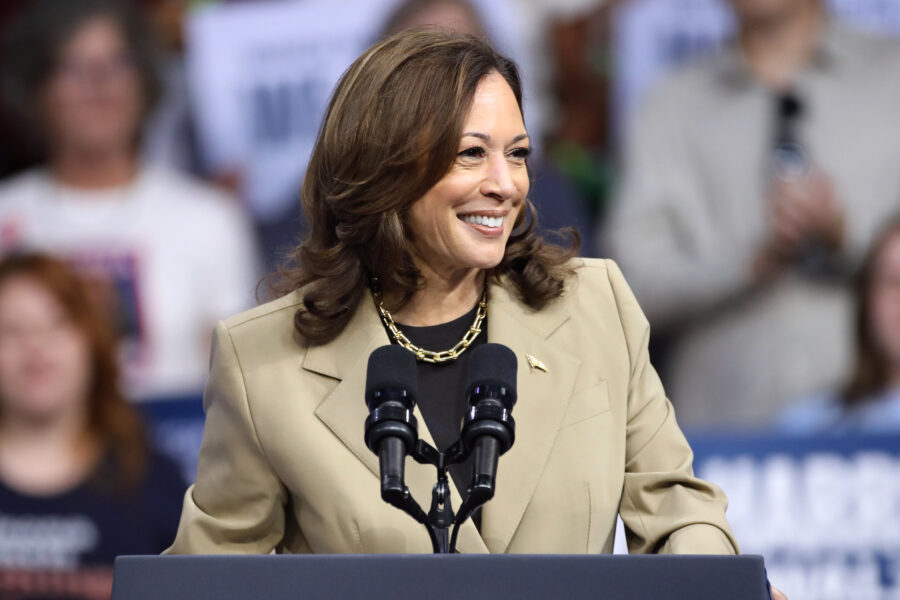Kamala Harris, the Democratic nominee for president, has pledged to tackle rising grocery prices by proposing the first federal ban on price gouging in the food industry. As part of her broader economic agenda, Harris promises to address corporate consolidation and give the federal government greater power to regulate the food sector, a move she says would promote competition and drive prices down.
During a recent speech, Harris emphasized her commitment to supporting families struggling with high grocery bills. “We will crack down on companies exploiting crises to unfairly hike prices,” Harris said. “It’s time to put an end to price gouging in the food industry and foster a competitive marketplace where small businesses can thrive.”
The proposal comes in response to increasing criticism over corporate greed and price manipulation in the food sector, which has seen a rise in profits despite inflation-related hardships for consumers. Harris’ plan also targets the consolidation of grocery chains and food producers, a factor she argues has exacerbated price increases for essential goods.
Harris has also called for stronger enforcement actions from the Federal Trade Commission (FTC) to prevent monopolistic practices, warning that unchecked consolidation is a significant driver of inflated grocery prices.
Trump’s Economic Plan Would Increase Grocery Costs
Meanwhile, Donald Trump has offered a starkly different vision. The ex-president has indicated he would address grocery prices by imposing tariffs on imported food products, a move many economists warn could lead to even higher costs for American families.
At a recent rally, Trump stated, “We’re going to limit the amount of food we allow into the country, letting our farmers get to work. We’ve been too lenient for too long.” While Trump insists these tariffs would benefit domestic farmers, experts argue they would reduce the supply of essential goods, such as fresh produce and seafood, leading to higher prices at the checkout.
Dean Baker, a senior economist at the Center for Economic and Policy Research, critiqued Trump’s approach on social media, calling it a misguided solution from someone with little understanding of the economy or everyday grocery shopping. “Tariffs would raise prices, not lower them,” Baker remarked.
Robert Reich, former U.S. Labor Secretary, echoed similar concerns, calling Trump’s plan “absurd.” “Reducing the food supply doesn’t lower costs. It raises them,” Reich posted.
With 15% of the American food supply coming from imports—especially items like seafood, fruit, and vegetables—the tariffs proposed by Trump would likely trigger a supply shortage, forcing grocery stores to pass the higher costs onto consumers.
Experts also caution that a trade war could ensue, as other countries are likely to retaliate by imposing tariffs on U.S. agricultural products. During Trump’s previous trade war with China, U.S. exports of soybeans and pork plummeted as China imposed retaliatory tariffs, leaving American farmers to suffer the consequences.
While Harris proposes policies to protect consumers and promote competition, Trump’s economic plan risks worsening the very problem he claims to solve, leaving American families to foot the bill.
As the 2024 election draws near, the contrast between these two candidates’ approaches to grocery prices could not be more stark.






